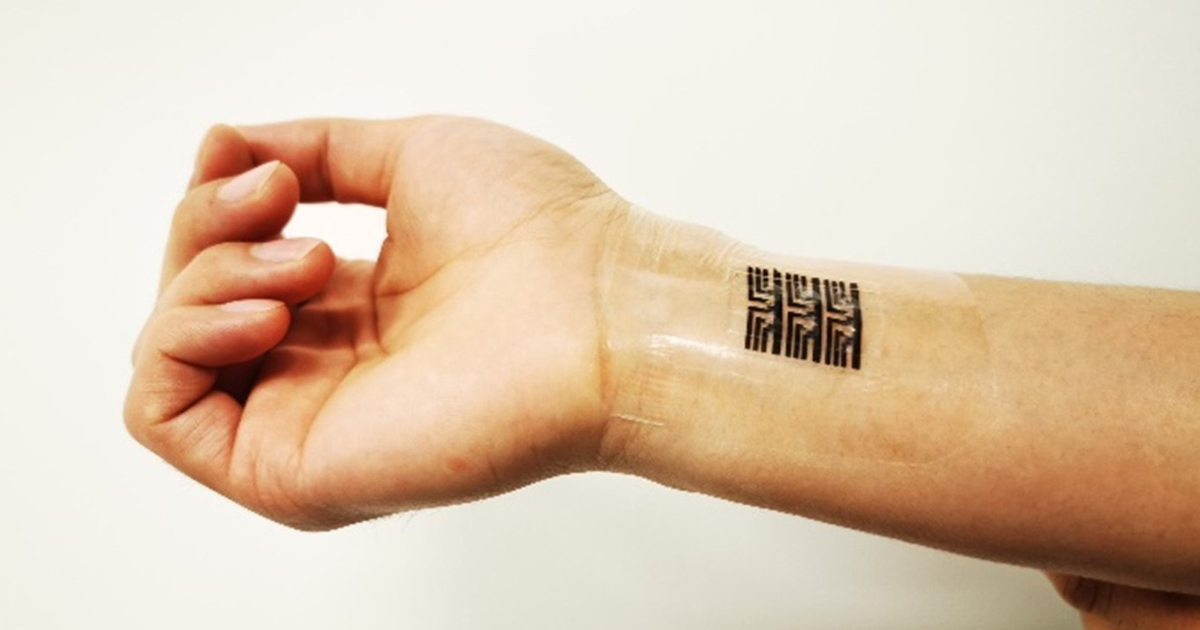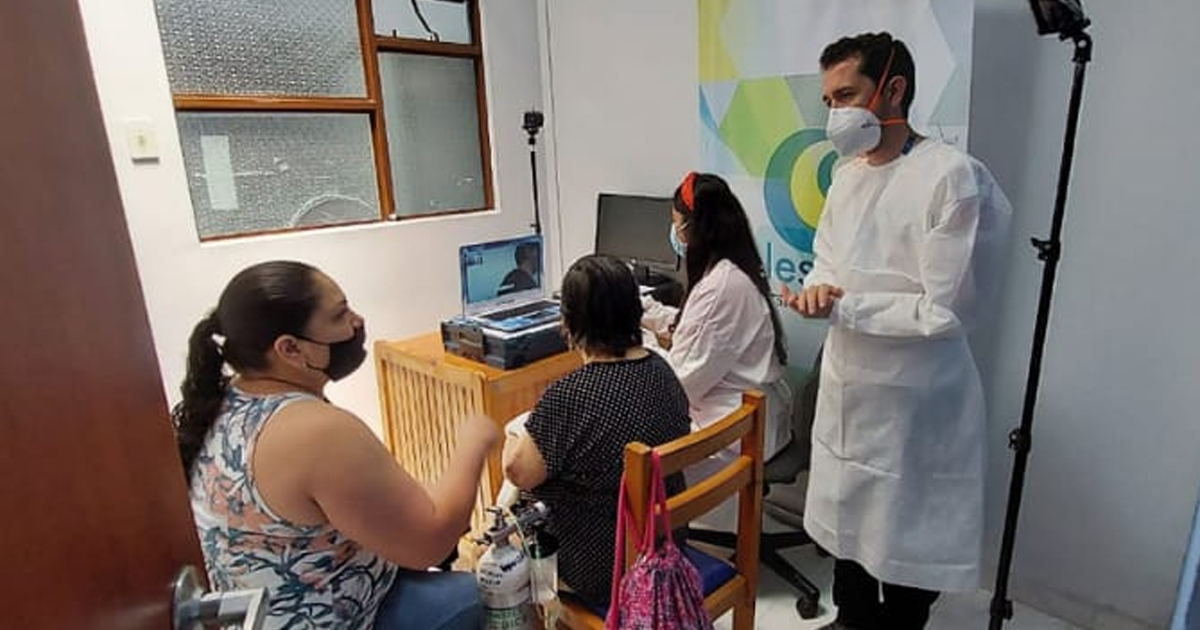Investigadores de la Escuela Pritzker de Ingeniería Molecular (PME) de la Universidad de Chicago han desarrollado un dispositivo flexible para colocar en la piel que es capaz de procesar información médica.
El dispositivo tiene características flexibles y estirables, debido a que está compuesto por un chip neuromórfico hecho de semiconductores elásticos. Sin embargo, su importancia radica en que es capaz de procesar cantidades masivas de información en salud en tiempo real gracias a la aplicación de Artificial Intelligence (AI).
“Con este trabajo, hemos unido la tecnología portátil con la inteligencia artificial y el machine learning para crear un dispositivo poderoso que puede analizar datos de salud directamente en nuestros propios cuerpos”, dijo Sihong Wang, científico de materiales y profesor asistente de Ingeniería Molecular.
Las capacidades de este dispositivo tienen como objetivo cambiar la forma en que se procesan los datos en salud. Las características detalladas sobre este dispositivo que busca imitar al cerebro humano en cómo procesa la información, fueron descritas en un artículo de la revista Matter: https://www.cell.com/matter/fulltext/S2590-2385(22)00415-5

Los científicos detrás de este proyecto indican que realizar un perfil detallado sobre la salud requiere de una visita a un centro de salud, sin embargo, contar con un dispositivo portátil que pueda monitorear continuamente datos de salud de los pacientes facilitaría la detección de enfermedades.
Este dispositivo permite lograr avances en la medicina personalizada y mejorar el procesamiento de datos de salud realizado por dispositivos móviles como wearables o teléfonos inteligentes. “El envío de datos de salud de forma inalámbrica es lento y presenta una serie de problemas de privacidad. También es increíblemente ineficiente desde el punto de vista energético; cuantos más datos comencemos a recopilar, más energía comenzarán a usar estas transmisiones”, explicó Wang.
La utilidad del equipo fue probada inicialmente para analizar datos de electrocardiogramas para medir la actividad eléctrica del corazón. El dispositivo fue entrenado por medio de AI para clasificar los ECG en cinco categorías, una sobre datos saludables y cuatro sobre datos con señales anormales.
“Si puede obtener información en tiempo real sobre la presión arterial, por ejemplo, este dispositivo podría tomar decisiones muy inteligentes sobre cuándo ajustar los niveles de medicación para la presión arterial del paciente”, dijo Wang.
Los investigadores continuarán entrenando algoritmos de aprendizaje automática para lograr nuevas funcionalidades del dispositivo.







